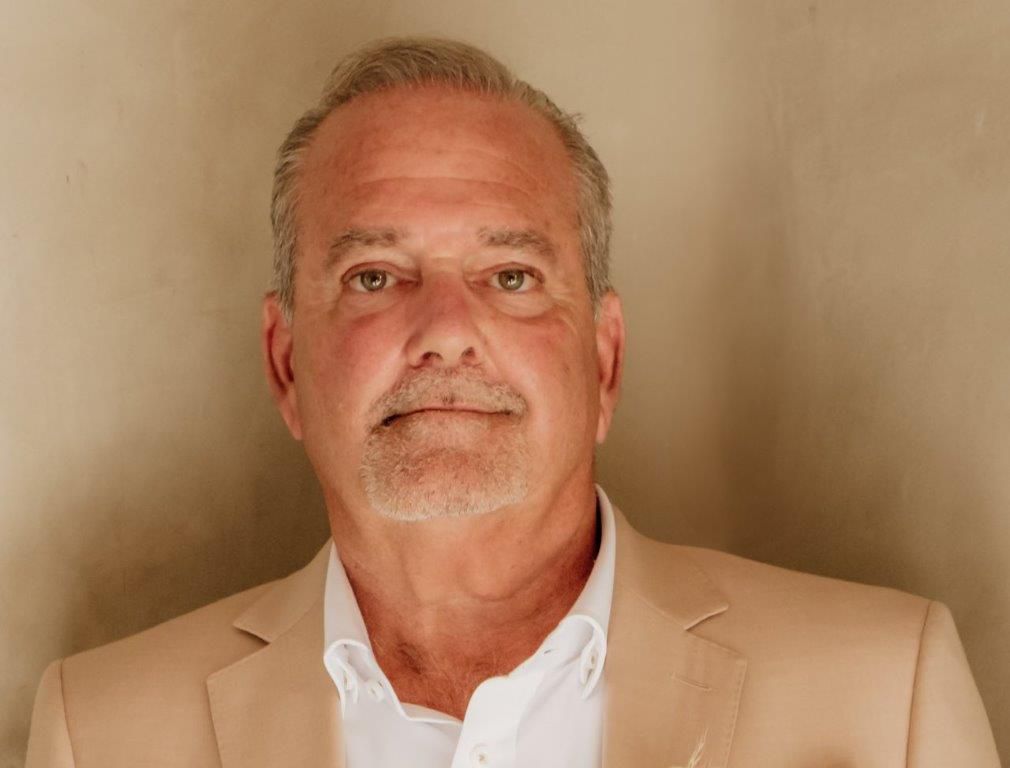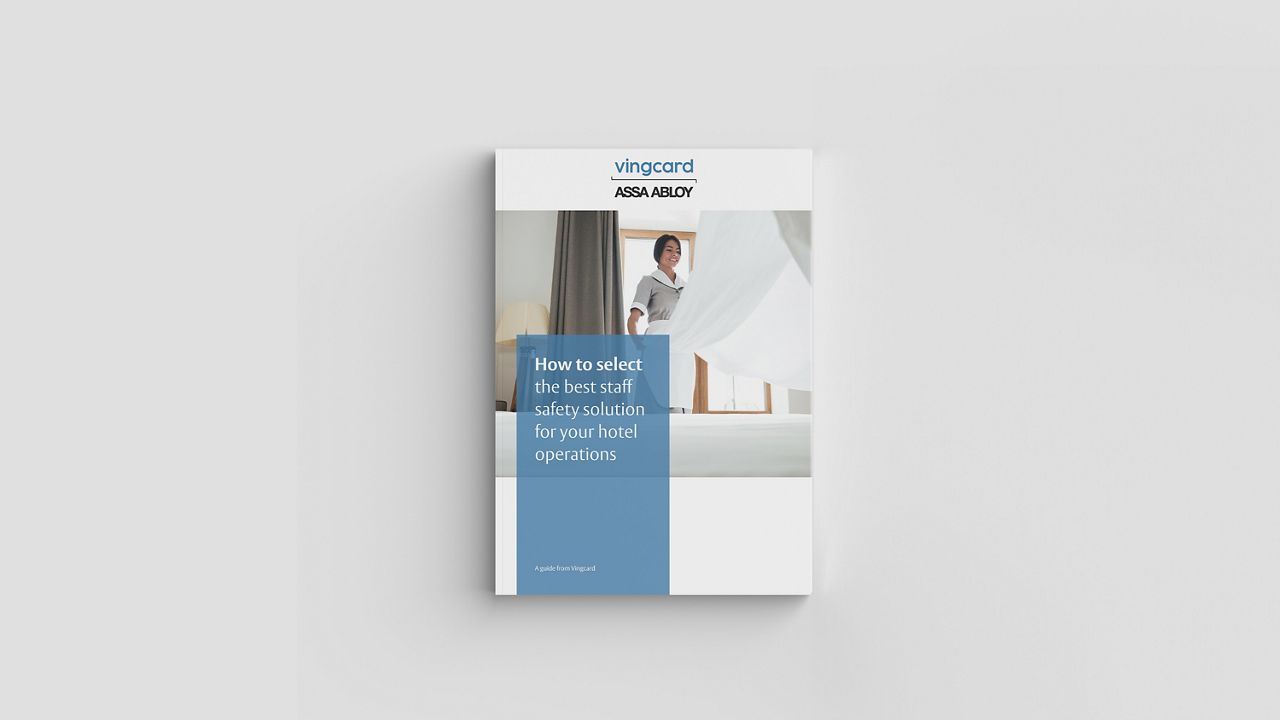
Meeting Hotel Cleanliness and Distancing Standards Post-Coronavirus


When hotel guests begin to return in the aftermath of the coronavirus pandemic, cleanliness will be a critical factor both for guests and staff. How should you best approach this new normal? Here is a list of new procedures and technologies that hoteliers are beginning to implement to limit virus exposure.
Until COVID-19 turned the world upside down, hotels competed on factors like location, comfort, and quality of service. Now, the industry must prepare for a new primary quality: cleanliness. Hoteliers seeking to overcome a decreased sense of trust in public spaces will need to reexamine how services and amenities are offered in order to regain the confidence of guests. But what do such services and offerings look like and how do properties ensure that guests are nonetheless able to obtain an enjoyable hotel stay?
Guest Confidence
Now, cleaning and reducing the risk of germ exposure will be an important factor for guests when booking a hotel.
“For the hospitality industry to restart successfully, the key to success is instilling consumer confidence that a hotel campus is clean, safe and secure,” according to Scott Berman, principal and industry leader of the Hospitality & Leisure Group at PricewaterhouseCoopers, Miami. “This conversation is turning into guidelines, and those guidelines will eventually turn into brand standards.”
And of course, this is important also for staff.
Standards
There are several efforts going on to establish some kind of standard to aid and guide hotels. For instance, Marriot has initiated a Global Cleanliness Council that will aim to uphold new cleaning protocols. The council consists of not only the company’s own senior leaders within housekeeping and food safety but also external experts on food safety scientists, infectious disease specialists and professors of food microbiology.
In the same spirit, Hyatt has launched its Global Care & Cleanliness Commitment to enhance its operational guidance and resources around both colleague and guest safety. In Singapore, authorities are issuing a “clean stamp” to hotels that meet seven criteria, as a national standard.
The largest consensus so far in these efforts seems to be the Safe Stay Report from the American Hotel & Lodging Association (AHLA). This initiative focuses on enhanced hotel cleaning practices, social interactions, and workplace protocols to meet the new health and safety challenges and expectations presented by COVID-19.
Find more details about the companies and authorities working together on these guidelines.
Housekeeping for Every Employee
In other words, there are several sources where to find guidance to correct strategy and methods. Based on the examples above, here is a checklist of housekeeping to clean, reduce touchpoints, and reduce risk of germ exposure.
These guidelines are valid for everyone working at a hotel – not just the housekeeping staff.
Prevent Germ Exposure
Hand hygiene - wash hands with soap.
In situations where soap/water is not available, alcohol-based sanitizer is recommended, touchless where possible. Dispensers shall be placed at key guest and employee entrances and contact areas, including lobby reception areas and employee entrances.
Employees shall wash their hands for at least 20 seconds, or use sanitizer when a sink is not available, after any of the following activities:
- using the restroom
- sneezing
- touching the face
- cleaning
- smoking, eating, drinking
- accepting items from a guest (ID, cash, credit card, key card)
- taking a break
- before a shift and as needed throughout the shift
Quarantine
Employees showing symptoms of the disease shall keep themselves quarantined according to guidelines from national health authority.
Staff discovering guests with symptoms must report to management.
PPE
Employees shall wear Personal Protective Equipment (PPE), along with appropriate training for use and disposal.
Remove Shared Items
In the guest rooms, consider removing high touch components like pen, paper, and guest directory. Instead, supplement with digital or available upon request. Also, remove soap the dispensers an replace them with single-use items.
Shared Equipment
Shared tools and equipment amongst the staff shall be disinfected after each shift or transfer to a new employee.
Cleaning
Public Spaces and Communal Areas
Cleaning and disinfecting shall be frequent (multiple times per day) with an emphasis on frequent contact with hard non-porous surfaces like front desk check-in counters, bell desks, elevators and elevator buttons, door handles, public bathrooms, vending machines, ice machines, room keys and locks, ATMs, escalator and stair handrails, gym equipment, pool seating and surrounding areas, dining surfaces, and all seating areas.
Back of House
Cleaning and disinfecting of all high touch areas according to guidelines from health authorities. In the US, CDC guidelines say at least twice per day in high traffic areas. Handwashing stations and access to hand sanitizer should be convenient and highly visible.
Guest Rooms
When cleaning and disinfecting guest rooms, pay particular attention to high-touch, hard nonporous items like:
- television remote controls
- toilet seats and handles
- water faucet handles
- door and furniture handles,
- nightstands
- telephones
- light switches
- temperature control panels
- alarm clocks
- iron
- coffeemaker
- safe
- luggage racks
- flooring
The frequency of room cleaning during a guest’s stay may be altered based on guest requirements.
Housekeeping shall not enter a guest room during a stay unless specifically requested, or approved, by the guest, or to comply with established safety protocols. Housekeeping shall maintain the practice of cleaning rooms thoroughly following check-out.
Guest Room Recovery Protocol
In the event of a presumptive case of COVID-19, the affected guest room shall be removed from service and quarantined. The room shall not be returned to service until undergoing an enhanced cleaning and disinfecting utilizing approved products within the guidelines of health authorities.
Hotel Guest Elevators
Button panels shall be disinfected at regular intervals, including the beginning of each housekeeping staff work shift and continuing throughout the day. Consider disinfecting wipes available for guests to clean elevator buttons before use.
New Technologies
Electrostatic sprayers with disinfecting mist and ultraviolet light are fairly new tools for sanitizing surfaces and objects that the hotel should consider implementing in the efforts to restrain germ exposure.
Laundry
Linens, towels, and laundry shall be washed using the warmest permissible water setting for the items and dry items completely. Dirty linen shall be bagged in the guest room to eliminate excess contact while being transported to the laundry facility
Food & Beverage
This service shall reduce in-person contact with guests and buffet service and minimize dining items for increased sanitation.
- Replace the traditional room service with a no-contact delivery method.
- Traditional buffet service shall be limited, but when offered, it should be served by an attendant wearing personal protection equipment (PPE), and utensils should be washed and changed more frequently.
- Portion controls should be emphasized to reduce food exposed for long periods.
- Sneeze and cough screens shall be present at all food displays. For certain segments, the use of prepackaged foods and ‘grab & go’ items shall be the preferred method of food delivery.
- Minimal items should be placed on guest tables to allow for effective disinfection in between each guest, including condiments, silverware, glassware, napkins, etc.
Distancing
Guests shall be advised to practice physical distancing by standing at least six feet away from other groups of people not traveling with them. Such areas shall be clearly marked for appropriate physical distancing.
Other measures are:
- Lobby furniture and other public seating areas should be reconfigured to promote social distancing.
- Meeting and banquet arrangements shall allow for physical distancing between guests
- Front desk agents shall practice social distancing including utilizing every other workstation to ensure separation between employees whenever applicable and possible.
- The use of technology to reduce direct contact with guests, lobby population, and front desk queue is encouraged. Also, contactless payment processes are encouraged.
- Pools and beaches: Seating shall allow at least six feet of separation between groups of guests.
- Parking services: Self-parking options should be emphasized, where possible. If valet service is provided, disinfecting of contact points within the vehicle is required.
COVID-19 Training
Let all employees receive COVID-19 safety and facility sanitation protocols training. In the US, the Safe Stay-guidelines from AHLA follow recommendations from the CDC on more comprehensive training for employees with frequent guest contact including housekeeping, food & beverage, public area department, hotel operations, security, valet/door/bell services, and maintenance/engineering.
Supervision
Hotel management should appoint a Cleanliness manager to ensure compliance with the requirements of the measures at the individual hotel. The roles and responsibilities of this role should include:
- Develop and implement the measures identified in the program
- Take appropriate corrective and preventive actions and continually improve the effectiveness of the program
- Ensure that employees are familiar and comply with the requirements of the program
Adopting Contactless Technology
In addition to enhancing staff and service cleanliness procedure through guidelines such as those proposed by AHLA, hotels are also turning to guest-facing contactless technology to further reduce the spread and risk of viruses. Originally made popular for their convenience-enhancing abilities, contactless technologies are now able to provide guests with visible reminders of a hotel’s commitment to their safety.
More hotels are for example considering the implementing of:
- Self-opening doors
- Contactless payment
- Self-service kiosks
Mobile Access Solutions
Possibly gaining the most attention for its contactless and distancing abilities is:
- Self-check-in
- Digital key room entry
Increasingly identified as possibly meaning the difference in a property’s ability to reopen and attract guests, mobile access platforms provide guests with the ability to avoid front desk lines by using a hotel’s app to check-in. This eliminates the need to come into close contact with others when arriving at a hotel. Mobile access platforms also remove the need for physical keycards and the risk of unnecessary surface exposure by allowing guests to gain access to multiple hotel areas using their own smartphone devices.
All these measures may seem overwhelming at first, but doable with a systematic approach. Remember, these are efforts not just to reduce the effects of the coronavirus but necessary measures to earn the trust of hotel guests as they return.
Subscribe to our Newsletter
Fill out the form below to subscribe to our newsletter. By doing so, you'll not only be the first to discover what's next on our blog but also join a community passionate about the innovation and tradition driving the hospitality realm forward.
